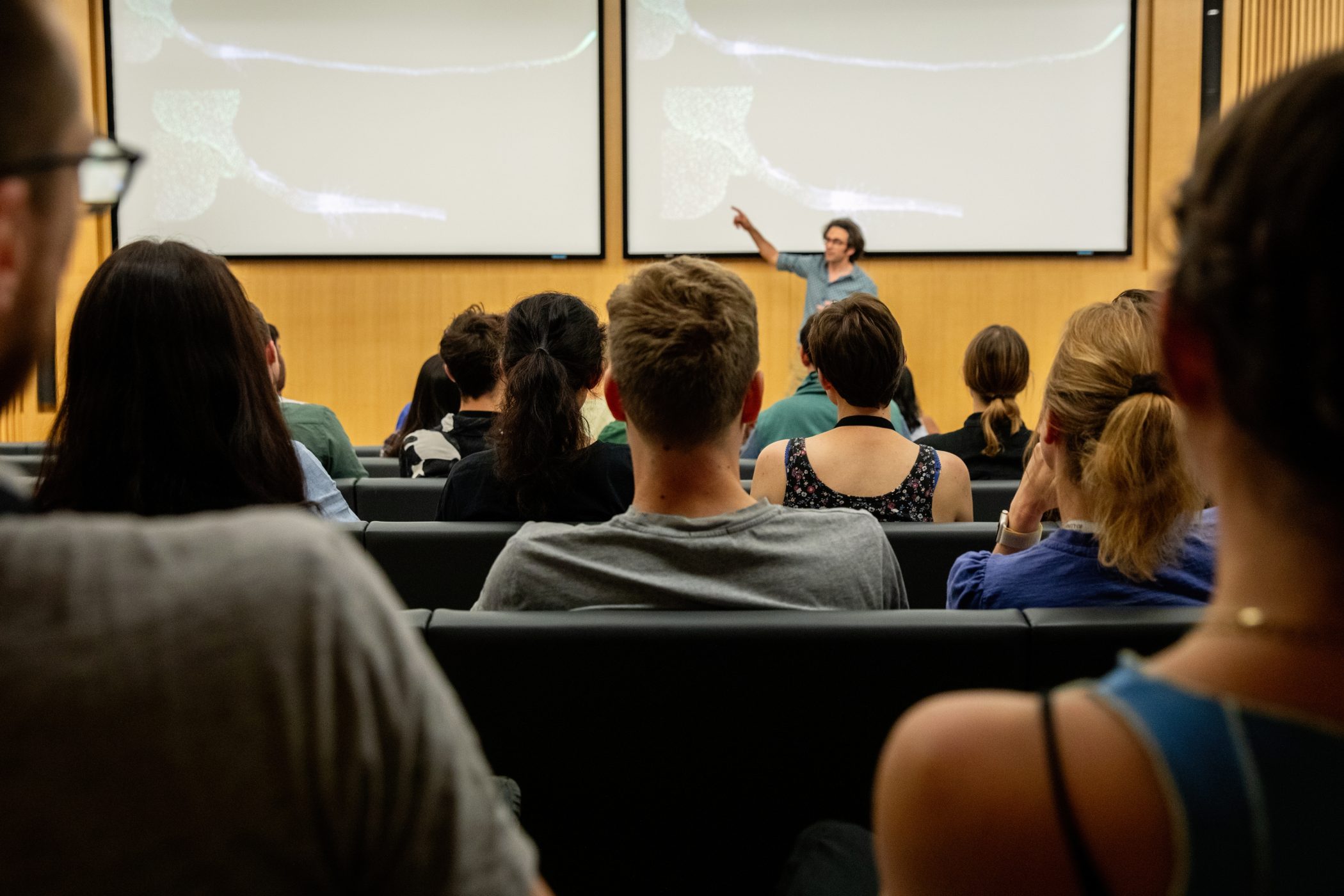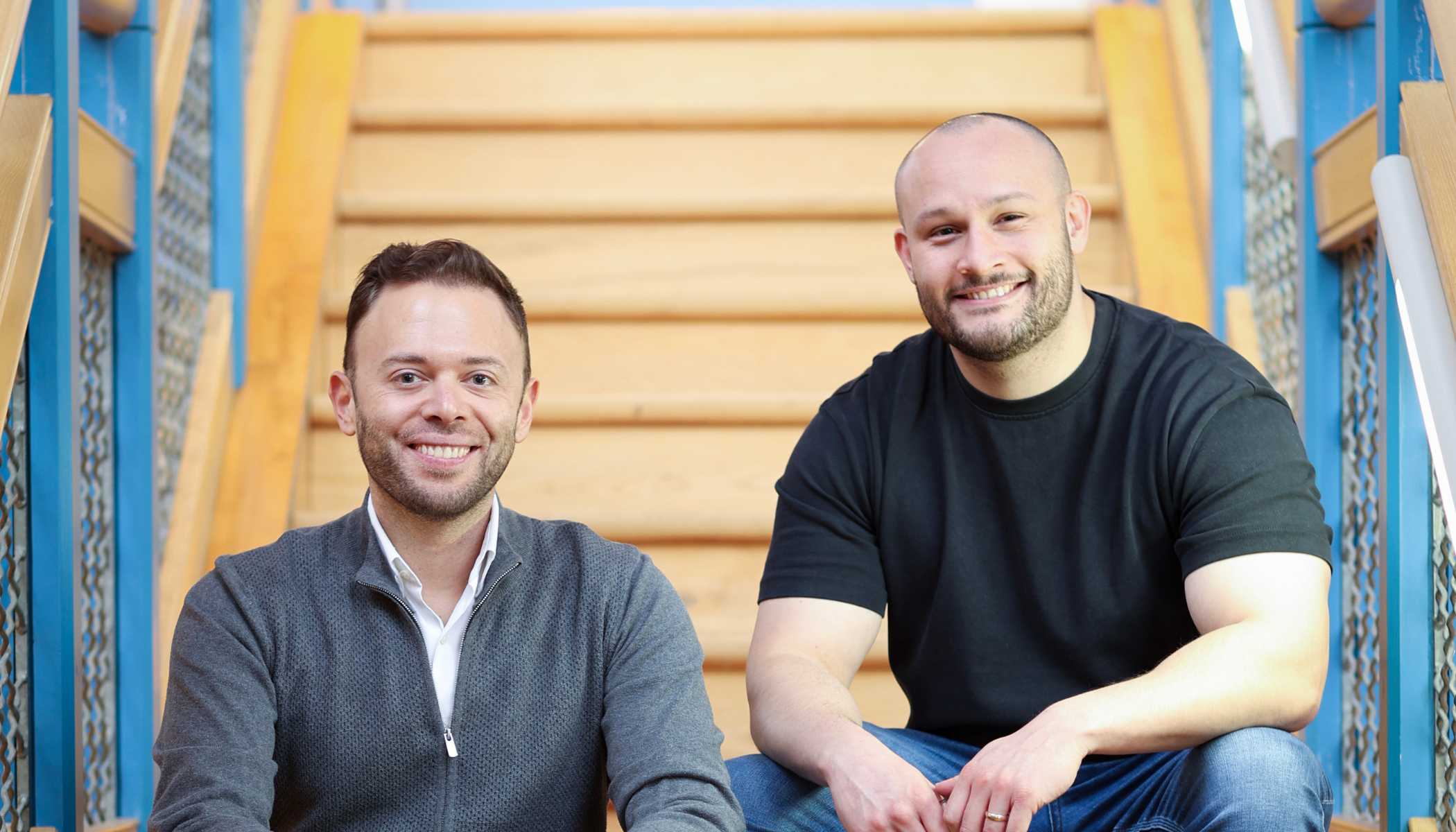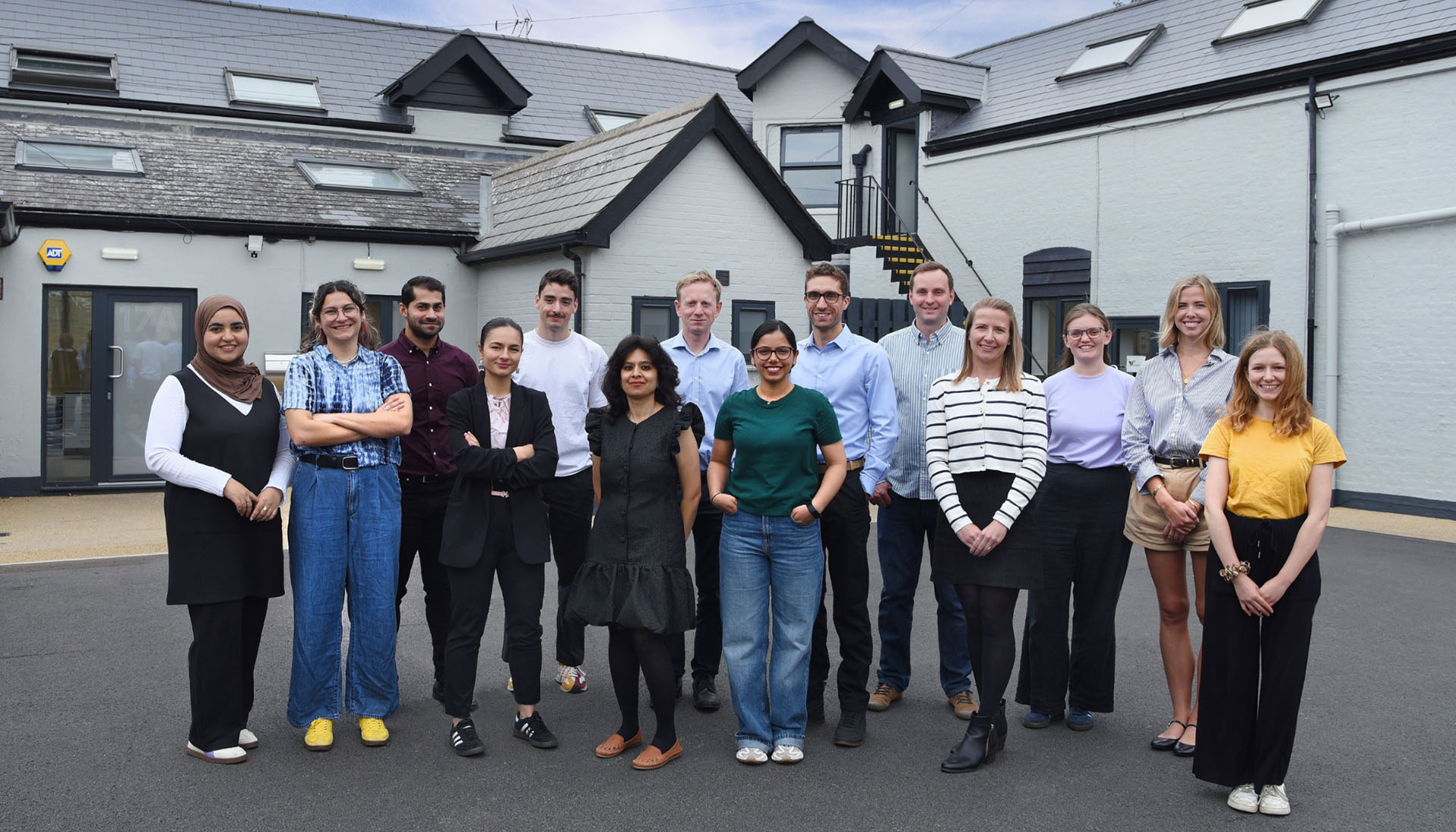Research from the labs and lecture halls of the University of Cambridge has truly changed the world.
Take Humira, the world’s best-selling drug for most of the last decade, based on the Nobel prize-winning development of humanised monoclonal antibodies. Humira was primarily developed in the UK at Cambridge Antibody Technology, now part of Astra Zeneca.
And nor is it the only world-changing invention started here: from DNA to IVF, jet engines to artificial intelligence, Cambridge-discovered innovation has been the catalyst to transform whole industries.
But we’re not sitting on our laurels. We can and must do better.
Today the University launches a new approach to simplify and accelerate the way companies are created from the research in our labs and classrooms. We want to do an even better job of supporting scientists to bring their innovations to the world so that investors can support the most ambitious founders to transform ideas into world-changing businesses.
Cambridge-developed science driving economic growth
Innovation-backed science and technology companies are now among the biggest companies in the world – from AstraZeneca to Nvidia. These $100bn + businesses are the future engines of employment and economic growth.
A recent report showed that the University of Cambridge produces around £30bn of economic impact annually and 80% of that is linked to research and innovation. In the few years we’ve been tracking this, our spin-out companies have raised over £4bn of venture capital and Cambridge-founded companies employ over 70,000 people in early-stage companies.
In a world where the challenges facing humanity are growing daily, we have a responsibility to commercialise the breakthrough research and technology that many scientists here in Cambridge are pursuing. As a nation, our ability to create employment and economic growth depends on this. Our quality of life too.
Unlocking innovation potential
Cambridge’s potential is built on world-class research and people and to accelerate this we have an intellectual property management policy that is proudly pro-founder, as well as unique amongst UK universities. Our priority is to provide greater freedom to our researchers than anywhere else, to ensure that they are properly rewarded for the economic returns arising from the commercialisation of their research and to maximise the potential for them to attract the right FDI or venture capital.
This is why we choose not to “tax” spinouts on formation but only take a small equity stake – 10% on average – in our spin-out companies, in return for a licence to the technology. This is the lowest stake of all UK universities and less than half of the 22.8% average for UK universities, according to 2023 data from the Royal Academy of Engineering and Beauhurst.
It’s an approach that has paid off: allowing an entrepreneurial culture to flourish in the University that attracts both entrepreneurs and venture capital investors to the Cambridge ecosystem.

Now we are going further still. We’ve devised an opt-in model that will allow pre-seed start-ups to agree a deal without lengthy negotiation. Recognising that companies have varying capital requirements we’ll introduce a tiered structure with standard terms in place. It will range from 5% to 20% of equity, fully dilutable, depending on the technology from software to therapeutics.
This will stand alongside our existing IP policy – the most academic-friendly in the UK. In offering an opt-in policy, we believe we can both simplify and speed up the legal process. This along with a range of other measures is intended to increase our spin-out creation to 20 companies a year.
We’re also making available another £30m of capital for Cambridge Enterprise Ventures, the fund from which we invest in young companies, providing the first critical investment vital to early-stage companies.
We know this is a model that works, since it has leveraged £4 billion of syndicated capital and has produced a portfolio of spin-outs generating £21 billion in annual turnover.
And we’re establishing a £10m proof-of-concept fund which will provide grants to de-risk research which has the potential for economic or social impact, and will get the technology to a point where it is ready to license.
All these initiatives are coupled with the establishment of a new scalable programme to support the development of new companies. Founders at the University of Cambridge launched its first programme in January, welcoming 11 nascent companies to our structured programme designed to accelerate them to the point of investment. Founders companies are already focused on technologies that can transform health, diagnostics and therapeutics and help to build a more sustainable future.
Creating and supporting global businesses
By supporting our founders in this way we can fully unlock the innovation potential of Cambridge, to the benefit of the city, the region and the whole UK. Where we deliver both scientific and innovation impact, economic success will follow.
Cambridge is already ranked as the world’s most scientifically intense location according to data platform Dealroom, in future it can and must be the place where the UK creates globally leading businesses.
This article first appeared, in editing form under ‘Cambridge aims to be the leader in creating science-backed firms’ in The Times, 6 May 2024.










